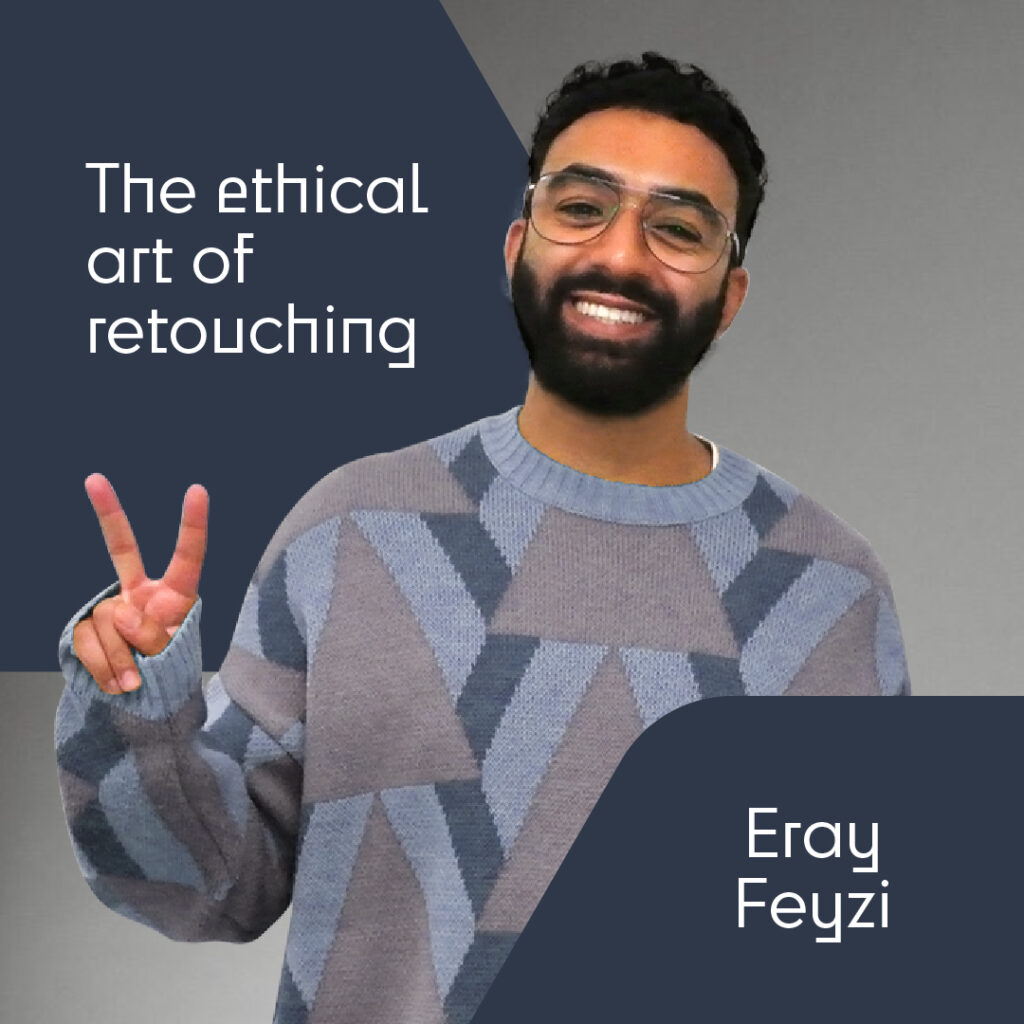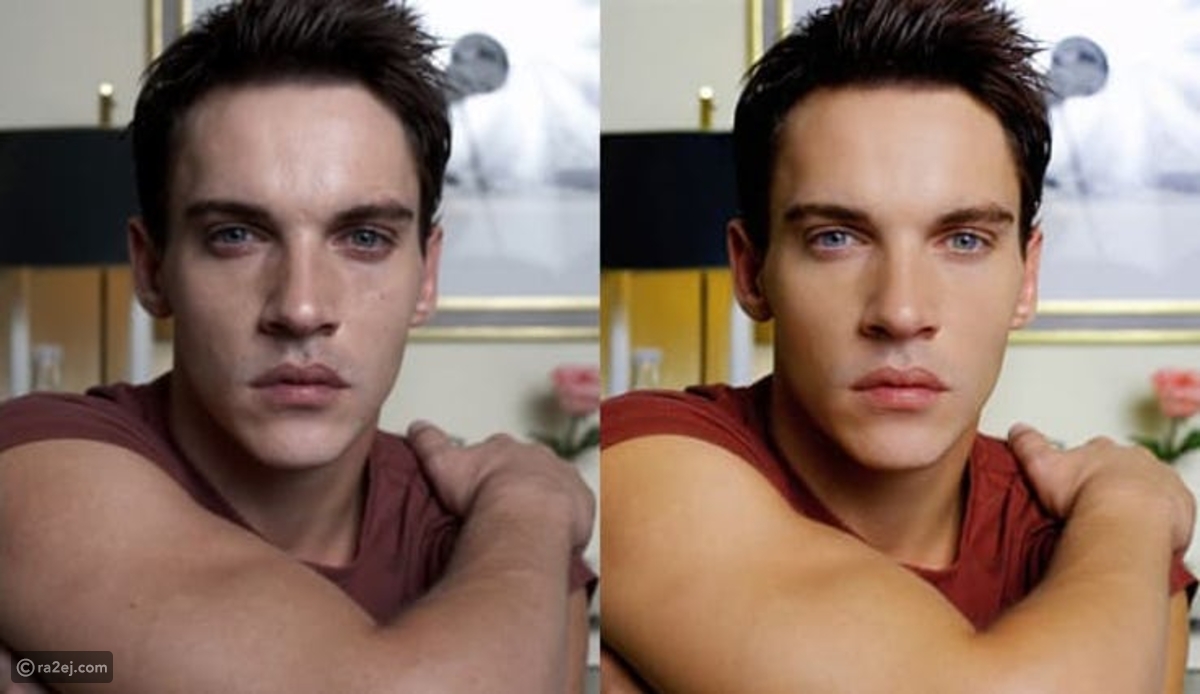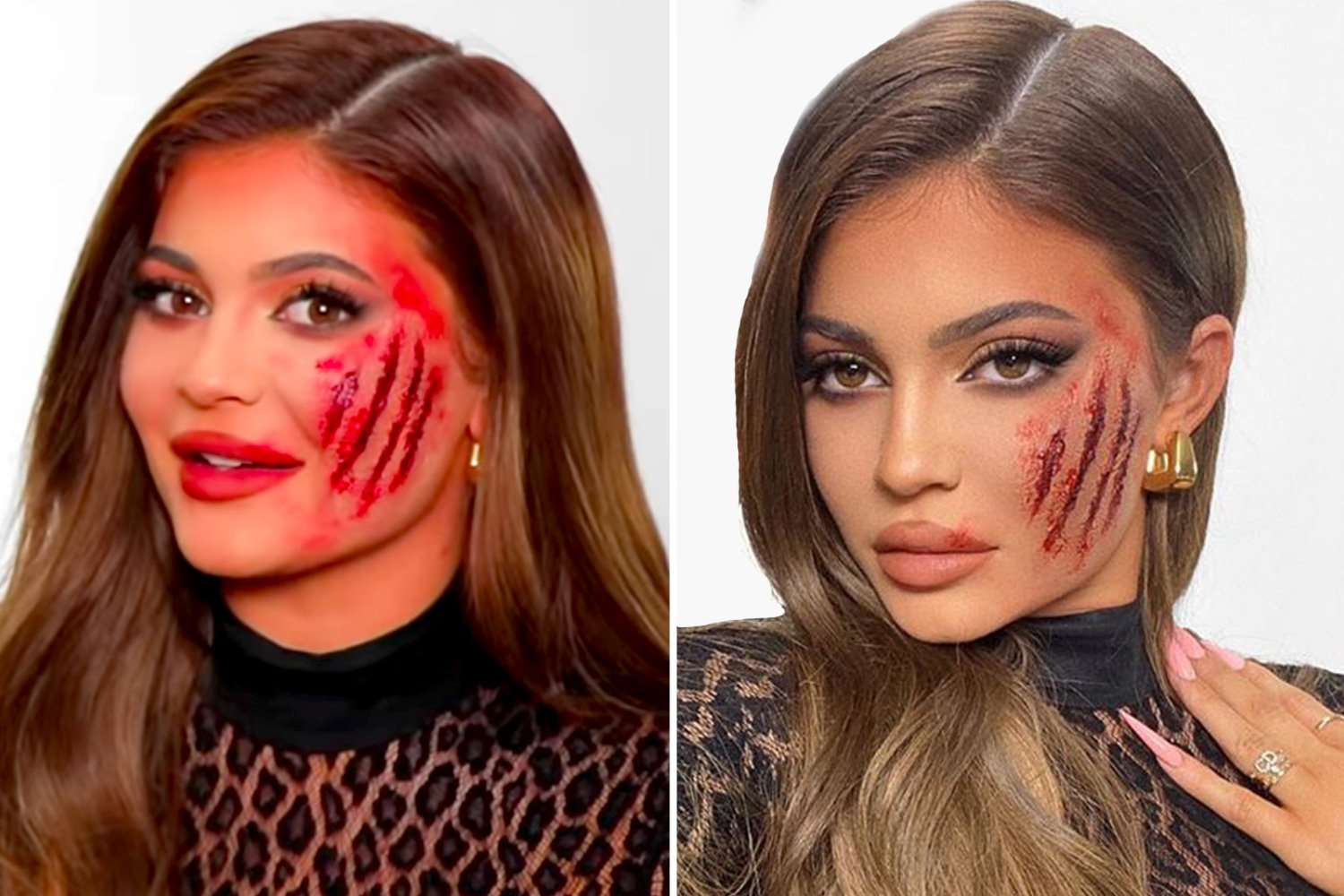
White paper written by Eray Feyzi
The ethical art of retouching

But wait, there’s a catch

Despite its widespread use, the ethical implications of image retouching are still up for debate. We’re not talking about the subtle changes that improve the overall look of the image, like removing a crease on a tablecloth, erasing the photographer’s reflection or warming up the picture to give it a different feel. No, we’re talking about the more significant changes that alter the image’s truthfulness.
Not to mention the impact retouching can have on unrealistic beauty standards. With Instagram filters being so popular, everyone can now have the perfect pout or the ideal skin texture. But what’s the cost? This trend of becoming a false representation of ourselves with the help of airbrushing and filters, may be having a negative impact on our self-esteem.
Not to point fingers but…
One of the primary culprits responsible for these trends, is Instagram, which isn’t just a photo-sharing platform anymore, it’s a breeding ground for depression, body image concerns, self-esteem issues, and social anxiety. Studies have shown that scrolling through the endless feed of perfectly filtered and curated images can make us feel like we’re not good enough, pretty enough, or rich enough.
Editing yourself into a corner

Kylie Jenner is a prime example of how striving for perfection on Instagram can have serious consequences. She’s been open about dealing with anxiety and depression due to unrealistic beauty standards, which she’s unfortunately perpetuated. While she uses her platform to make some serious cash, many young minds on Instagram are struggling with the same pressures. Is it time for us to re-evaluate our definition of beauty?
The tags of change
In recent years, there has been a growing movement among brands to shift away from retouching and digital manipulation of images in their marketing campaigns. The #NoFilter campaign, for example, was launched to promote authenticity and celebrate real beauty. The campaign encouraged people to post unedited photos on social media using the hashtag #NoFilter to join the movement. Similarly, Dove launched a “Turn Your Back” campaign, which aimed to challenge edited beauty standards and promoted body positivity. The campaign invited people to pledge to not digitally manipulate their images and to support a world where beauty is a source of confidence and not anxiety. These initiatives highlight the importance of embracing natural beauty and rejecting the unrealistic beauty standards that are often promoted by the media.
Reflect upon your reflection
Before you go all Photoshop crazy, you need to ask yourself a question: “Am I creating a truthful representation of reality?” Altering images to mislead viewers or misrepresent individuals is a big no-no. So, next time you’re retouching an image, remember to use it responsibly. Your work can still be beautiful, while also being truthful. Just remember to consider the ethical implications of your retouching and be mindful of the messages your images convey. Let’s all strive for stunning, authentic images that show the beauty of reality.